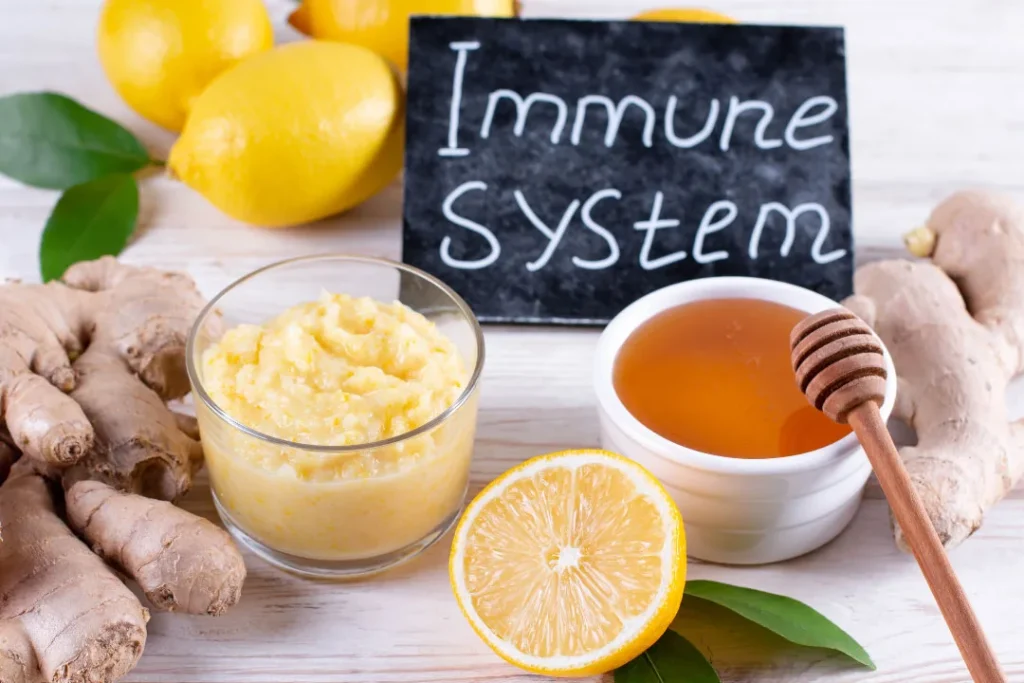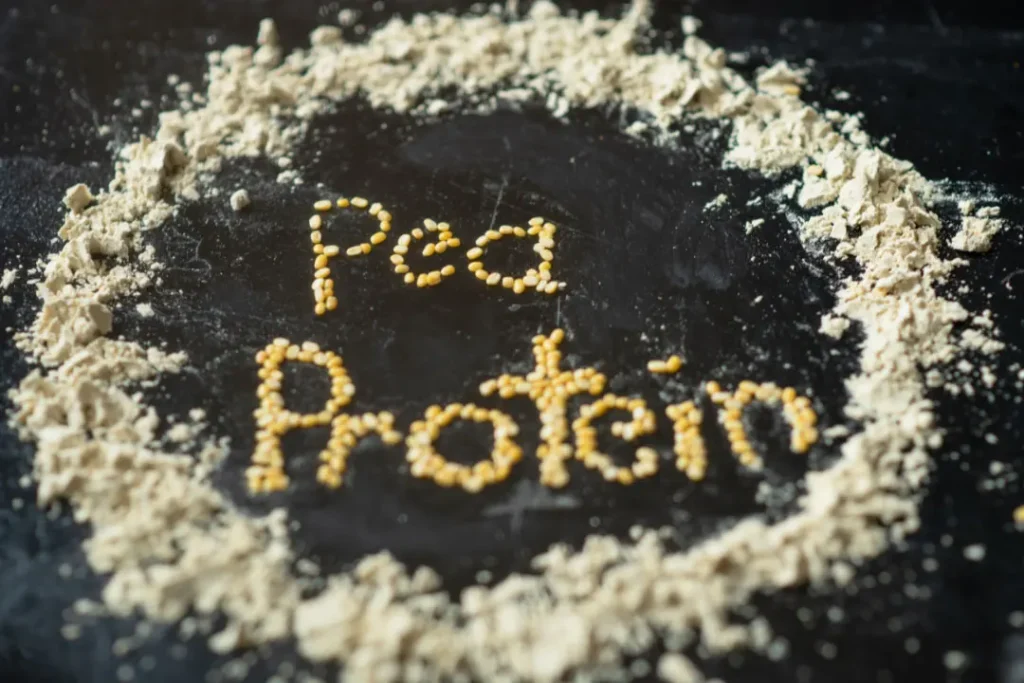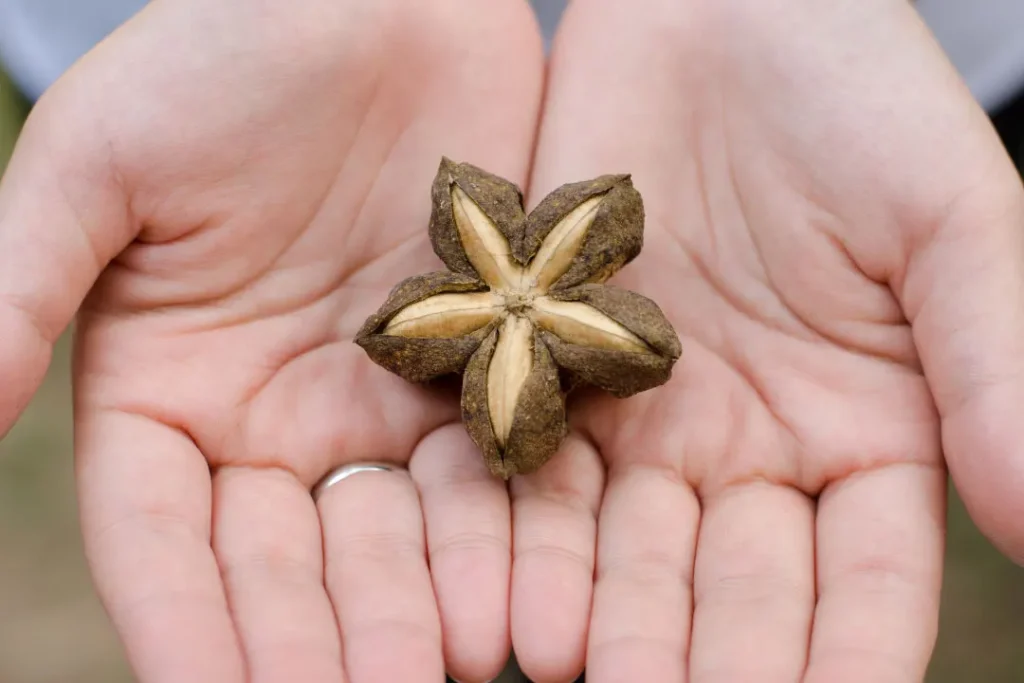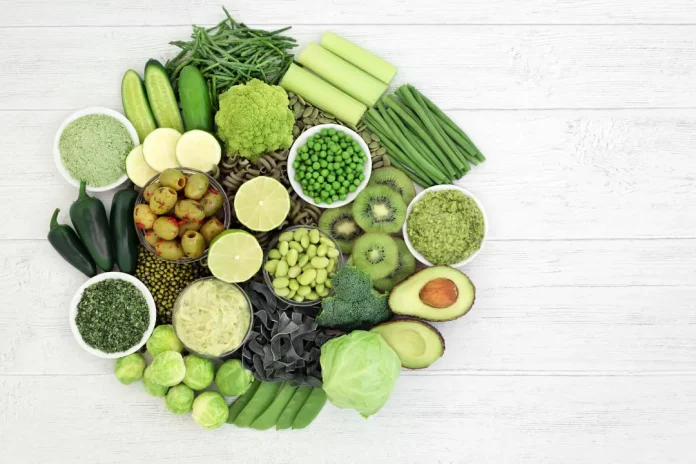Building Muscle the Meatless Way: 5 Complete Proteins for Vegans
Many of us would like to build muscle, not to become world-class athletes, but simply to maintain and improve our everyday functional strength. The foods we eat are an important part of the muscle-building process. Protein is a crucial macronutrient for building and repairing tissues, including muscle fibers. For vegans, however, finding adequate and suitable sources of protein that can support muscle growth can often be a challenge.
In recent years, there has been growing interest in plant-based protein options. One of the options that is gaining recognition in North America is Sacha Inchi protein. Derived from the seeds of the Plukenetia volubilis plant, Sacha Inchi is a complete protein and a rich source of healthy fats and various micronutrients. It offers a comprehensive amino acid profile and a range of benefits that make it an excellent muscle-building choice for vegans. In this article, we will explore the unique attributes of Sacha Inchi protein, how it aids in muscle building, and how it compares to other plant-based protein sources.
You May Also Like:
“How Long Does CBD Last?” and Other Important CBD Considerations
Are You Eating for Optimal Performance? Discovering the Best Diet for Athletes
Building Muscle the Meatless Way: 5 Complete Proteins for Vegans is an original (OptimalPerformanceLiving) article.
Sacha Inchi seeds are complete proteins for vegans
Sacha Inchi, also known as the Inca peanut or mountain peanut, is native to the Amazon rainforest. For centuries, Sacha Inchi seeds have been used by Indigenous people for both nutrition and energy. Sacha Inchi seeds are rich in oil and protein, making them a valuable dietary source of complete proteins for vegans. A complete protein means that it provides all nine essential amino acids that the body cannot produce on its own. These amino acids are the building blocks of protein and play a crucial role in muscle growth, repair, and overall health. Despite being a lesser-known superfood, Sacha Inchi has a rich profile of essential amino acids and other vital nutrients.
Sacha Inchi seeds are a nutritional powerhouse as complete proteins for vegans
The amino acid composition of a protein source is critical in determining its quality and efficacy for muscle building. Sacha Inchi seeds are a treasure trove of essential amino acids, making them a complete protein source. Certain amino acids are crucial in muscle building and repair, including:
Leucine: A key player in muscle protein synthesis, making it particularly important for athletes and those looking to build or maintain muscle mass.
Lysine: Essential for collagen production, tissue repair, and the absorption of calcium.
Isoleucine: Crucial for energy production, immune function, and the regulation of blood sugar levels.
Methionine: A sulfur-containing amino acid that contributes to various biochemical processes, including the synthesis of other important molecules like glutathione.
Valine: Along with isoleucine and leucine, it’s involved in muscle metabolism, tissue repair, and energy production.
Complete proteins, such as Sacha Inchi protein, provide a full spectrum of essential amino acids in quantities that promote optimal muscle protein synthesis. What sets Sacha Inchi apart is not only the fact that it’s a complete essential amino acid but also the relative abundance of these amino acids. Specifically, leucine plays a pivotal role in initiating muscle protein synthesis (MPS), which is the driving force behind adaptive responses to exercise. Sacha Inchi protein contains a substantial amount of leucine compared to traditional animal-based sources of protein. Keep in mind that the exact amino acid composition can vary based on factors such as growing conditions, processing methods, and the specific variety of Sacha Inchi seeds.

Bioavailability of Sacha Inchi seeds as complete proteins for vegans
The digestibility and bioavailability of plant-based proteins are often challenges faced by vegans. Some plant proteins may contain compounds that inhibit the utilization of nutrients or lack certain amino acids, which will limit their effectiveness in promoting muscle growth.
Sacha Inchi protein has an impressive digestibility rate and is well-tolerated by the human body. Additionally, Sacha Inchi’s amino acid profile enhances its bioavailability, ensuring that the body can efficiently absorb and utilize nutrients for muscle repair and growth.
The health benefits of Sacha Inchi seeds as complete proteins for vegans
Muscle building is not just about protein intake; it also involves managing inflammation and oxidative stress. Intense physical activity can lead to inflammation, which, if left unchecked, could impede muscle recovery and growth. Sacha Inchi contains omega-3 fatty acids, specifically alpha-linolenic acid or ALA, which has anti-inflammatory properties. These properties promote muscle growth and repair.
Sacha Inchi seeds have also been studied for their potential antioxidant effects because of their polyphenol content. It’s important to note that Sacha Inchi’s antioxidant content helps combat oxidative stress that is induced by exercise, further supporting muscle health. Antioxidants can also support cardiovascular health and potentially provide protective effects against certain chronic diseases.

Comparative advantages of Sacha Inchi seeds as complete proteins for vegans
Compared to other plant-based protein sources such as soy, pea, and rice proteins, Sacha Inchi protein offers several advantages. While these other sources also provide valuable protein, Sacha Inchi stands out due to its complete amino acid profile and blend of nutrients. Sacha Inchi also contains higher levels of omega-3 fatty acids than most other plant proteins, which are important for their anti-inflammatory effects.
Furthermore, Sacha Inchi contains more protein than almonds, walnuts, and cashews, making it an excellent source of protein. This super seed is composed of 30% protein by weight, which is higher than many nuts and seeds. Sacha Inchi seeds are also rich in iron, which helps muscles maintain their tone and elasticity by providing oxygen for muscle contractions.
It’s easy to incorporate Sacha Inchi protein into a vegan diet. Sacha Inchi protein offers a convenient option that can be added to smoothies, oatmeal, or plant-based yogurt. Whole or crushed Sacha Inchi seeds can be sprinkled over salads, added to energy bars, or used as toppings for various dishes. Its mild nutty flavor makes it versatile and easy to include in a range of recipes. The easiest and most convenient way to add Sachi Inchi to your diet is through supplements.
Healthy Truth GO Pro supplements offer complete proteins for vegans
GO Pro Plant-Based Protein Powder by Healthy Truth is one of the finest products available on the market. The cinnamon and strawberry-flavored powders provide 22g of protein per serving, while the unflavored GO Pro product offers 26g of protein per serving. In addition to Sacha Inchi protein, GO Pro contains brown rice and pea protein.
GO Pro also features a proprietary blend of adaptogens and prebiotics, including ashwagandha, which helps the body cope with stress; maca, an adaptogen to help boost endurance; and inulin, which is a high-fiber prebiotic. This blend is ideal for muscle building and recovery. GO Pro is packed with organic whole foods, including prebiotics, to aid digestion and overall wellness. After all, the health of your entire body is crucial for effective and sustainable muscle building.

Sacha Inchi seeds as complete proteins for vegans:
Final word
Vegan athletes often face challenges in meeting their protein needs, especially when pursuing muscle growth. Sacha Inchi protein offers an efficient and sustainable solution as a complete protein source for vegans. It also contains omega-3 fatty acids and other beneficial nutrients, making it a valuable component of a vegan athlete’s diet.
Whether an athlete is engaged in strength training, endurance sports, or a combination of both, Sacha Inchi can contribute to improved muscle recovery, growth, and overall athletic performance.
As the demand for plant-based protein sources continues to grow, Sacha Ichi protein is emerging as a promising solution for vegans looking to build muscle and enhance their athletic performance. Its complete protein profile, rich amino acid content, anti-inflammatory properties, and impressive nutrient composition make it an ideal choice for individuals engaged in muscle-building activities.
Vegan athletes, in particular, stand to benefit by incorporating Sacha Inchi into their diets to support muscle recovery, growth, and overall well-being. By harnessing the power of Sacha Inchi protein, vegans can achieve their muscle-building goals while nourishing their bodies with a sustainable and nutrient-rich superfood.

For further research:
Cleveland Clinic: Amino acids benefits and food sources
Harvard Health: What is protein?
CNN: How to build muscle as age tears it down
Good Housekeeping: We’re breaking down complete vs incomplete protein for you
Important Note: The information contained in this article is for general informational purposes only, and should not be construed as health or medical advice, nor is it intended to diagnose, prevent, treat, or cure any disease or health condition. Before embarking on any diet, fitness regimen, or program of nutritional supplementation, it is advisable to consult your healthcare professional in order to determine its safety and probable efficacy in terms of your individual state of health.
Regarding Nutritional Supplements Or Other Non-Prescription Health Products: If any nutritional supplements or other non-prescription health products are mentioned in the foregoing article, any claims or statements made about them have not been evaluated by the U.S. Food and Drug Administration, and such nutritional supplements or other health products are not intended to diagnose, treat, cure, or prevent any disease.
